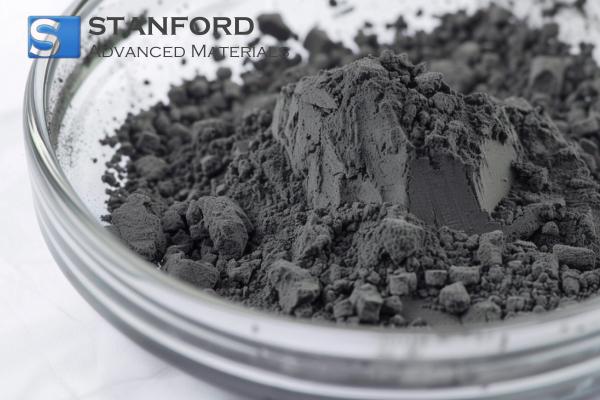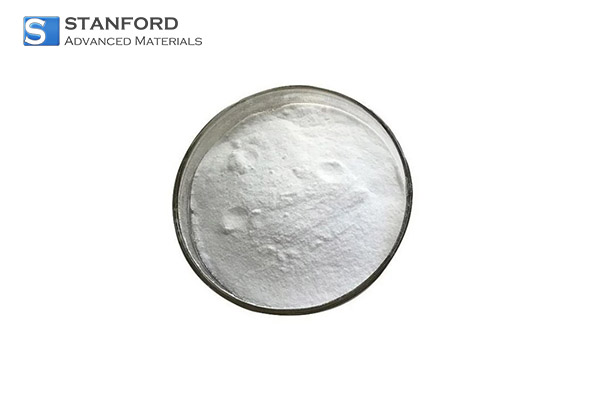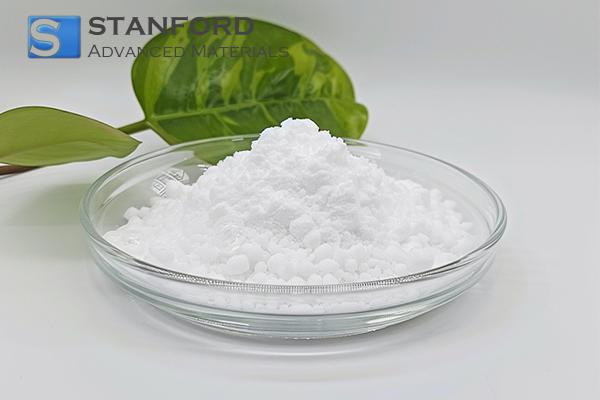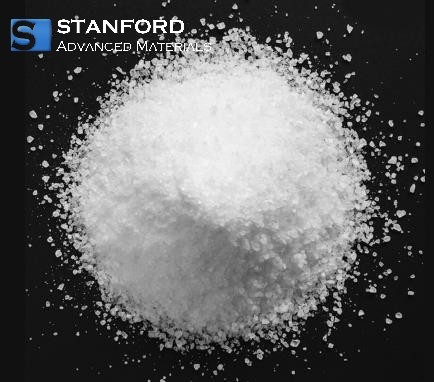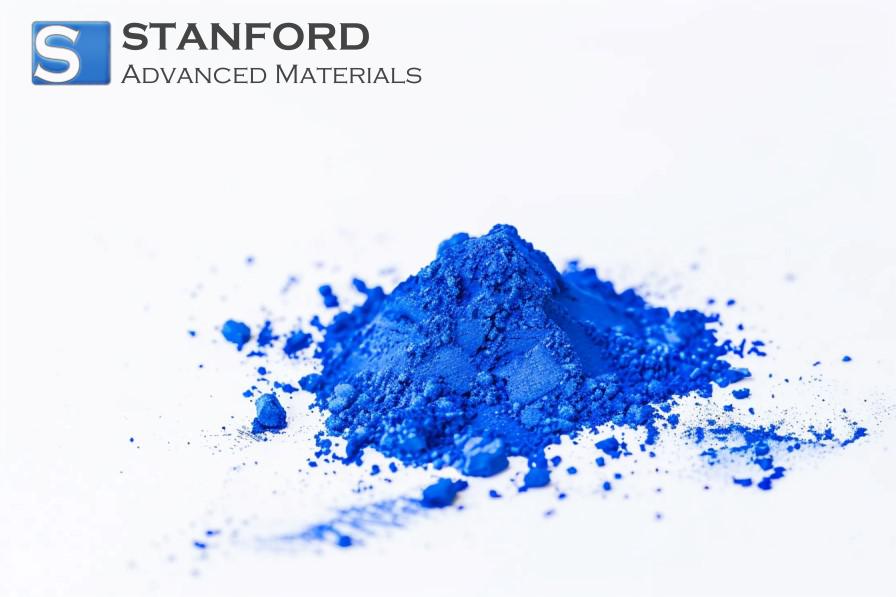Titanium Niobium Oxide Powder Description
Titanium Niobium Oxide Powder (SN-TNO) is an advanced
anode material for lithium-ion batteries, offering a unique combination of high
capacity, low cost, excellent rate performance, long cycle life, and
outstanding safety. It is suitable for use in cylindrical, pouch, and prismatic
lithium-ion cells, as well as in supercapacitors. SN-TNO is widely applied in
electric vehicles (EVs), power tools, energy storage systems, construction
machinery, rail transportation, special power supplies, and military
applications, making it an ideal choice for high-performance energy storage
solutions.
Titanium Niobium Oxide Powder Applications
·
Electric Vehicles (EVs):
Used as an advanced anode material
for lithium-ion batteries, offering fast charging capability, long cycle life,
and improved safety-ideal for passenger EVs, e-bikes, and hybrid vehicles.
·
Power Tools:
Enhances battery performance in
cordless drills, saws, and other tools by enabling high power output and
extended battery life under demanding conditions.
·
Energy Storage Systems (ESS):
Deployed in grid-level and
residential ESS for peak shaving, frequency regulation, and renewable energy
storage, thanks to its stable cycling and rapid charge/discharge ability.
Titanium Niobium Oxide Powder Packaging
Our products are packaged in customized cartons of various
sizes based on the material dimensions. Small items are securely packed in PP
boxes, while larger items are placed in custom wooden crates. We ensure strict
adherence to packaging customization and the use of appropriate cushioning
materials to provide optimal protection during transportation.
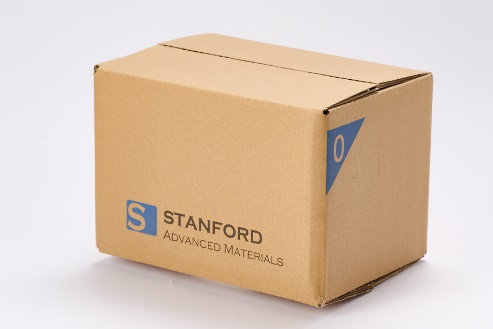

Packaging: Carton, Wooden Box, or Customized.
Kindly review the packaging
details provided for your reference.
Manufacturing Process
1. Testing Method
(1) Chemical Composition Analysis - Verified using techniques
such as GDMS or XRF to ensure compliance with purity requirements.
(2) Mechanical Properties Testing - Includes tensile strength,
yield strength, and elongation tests to assess material performance.
(3) Dimensional Inspection - Measures thickness, width, and
length to ensure adherence to specified tolerances.
(4) Surface Quality Inspection - Checks for defects such as
scratches, cracks, or inclusions through visual and ultrasonic examination.
(5) Hardness Testing - Determines material hardness to confirm
uniformity and mechanical reliability.
Please refer to the SAM testing procedures for detailed information.
Titanium Niobium Oxide Powder FAQs
Q1. What is Titanium Niobium Oxide (TNO)?
Titanium Niobium Oxide (TNO) is a lithium-ion battery anode
material known for its high capacity, excellent rate performance, and superior
cycling stability. It typically has a shear-structured crystal form like
Ti₂Nb₁₀O₂₉, which facilitates fast lithium-ion diffusion.
Q2. How does TNO compare to traditional anode materials
like graphite or LTO?
Compared to graphite: TNO operates at a higher voltage (~1.6-2.0
V vs. Li/Li⁺), which eliminates lithium plating risk and enhances safety. It
also has faster charge capability but lower energy density.
Compared to LTO (Lithium Titanate): TNO offers significantly
higher capacity (~396 mAh/g vs. 175 mAh/g for LTO) and better energy density,
while maintaining good safety and cycle life.
Q3. What are the main advantages of using TNO in
lithium-ion batteries?
·
High specific capacity
·
Fast charging capability
·
Long cycle life
·
Improved thermal and structural stability
·
Reduced risk of lithium plating (safer charging)
Performance Comparison Table with Competitive Products
|
Category
|
Titanium Niobium Oxide (TNO)
|
High-Capacity Titanium Dioxide (TiO₂-B)
|
|
Crystal Structure
|
Monoclinic, shear structure
|
Bronze-type layered structure
|
|
Theoretical Capacity
|
~396 mAh/g
|
~335 mAh/g
|
|
Rate Capability
|
Excellent (fast Li⁺ diffusion channels, stable structure)
|
Good, but lower than TNO
|
|
Cycling Stability
|
Excellent
|
Good, but may suffer from capacity fading
|
|
Working Voltage
|
~1.6-2.0 V vs. Li/Li⁺
|
~1.5-1.7 V vs. Li/Li⁺
|
|
Ionic Conductivity
|
Moderate to high
|
Moderate
|
|
Applications
|
EV batteries, fast-charging power cells, industrial ESS
|
Portable electronics, moderate-rate Li-ion batteries
|
|
Advantages
|
High capacity, excellent rate and cycle performance, safe
|
Simple composition, decent capacity, low cost
|
|
Limitations
|
Complex synthesis, relatively lower conductivity
|
Lower rate performance, structural instability at high
cycles
|
